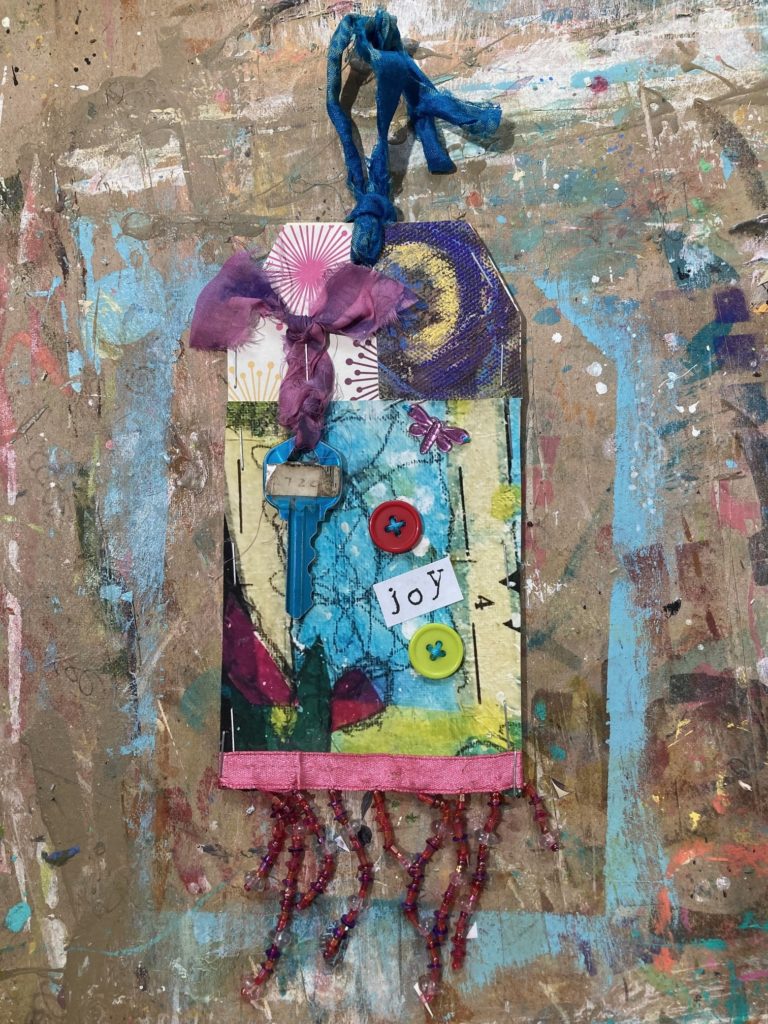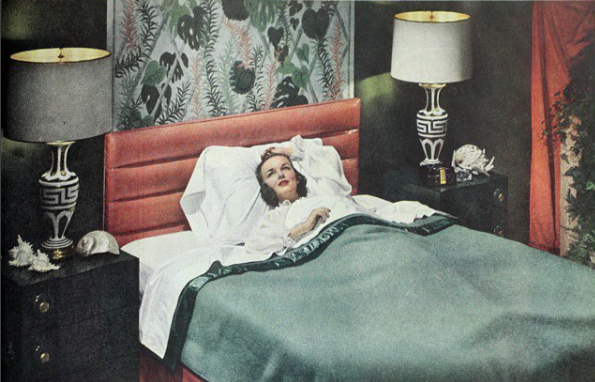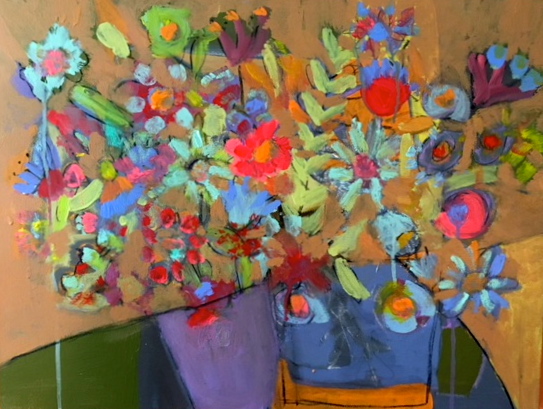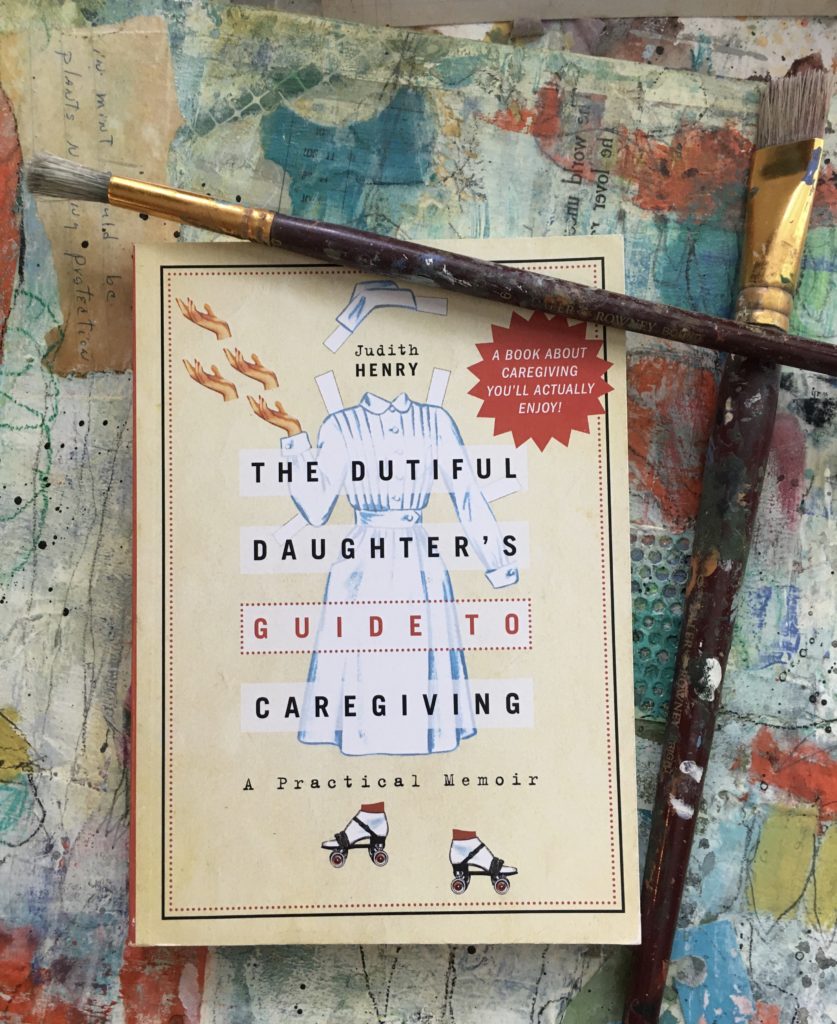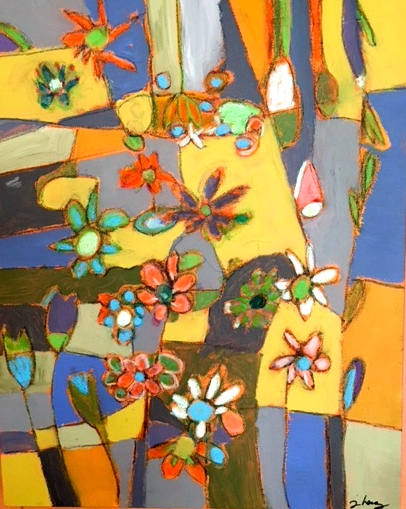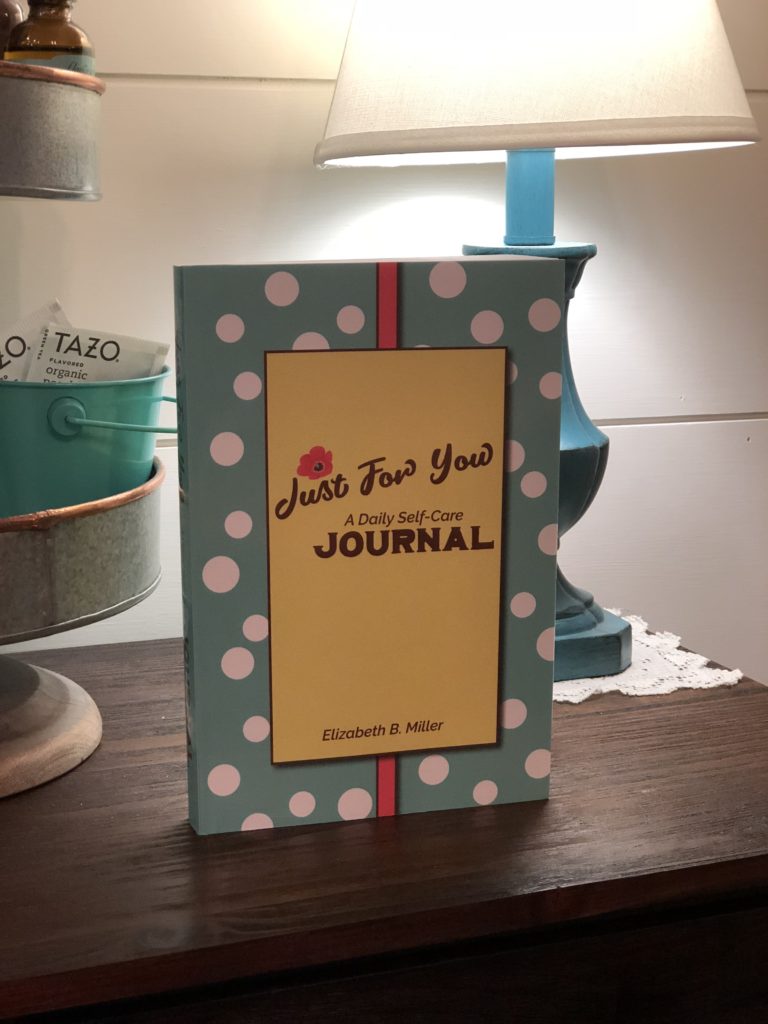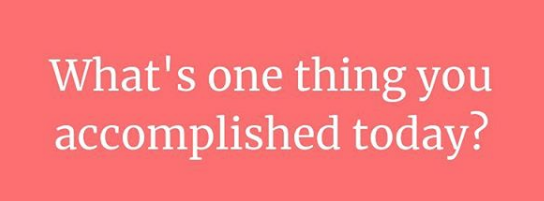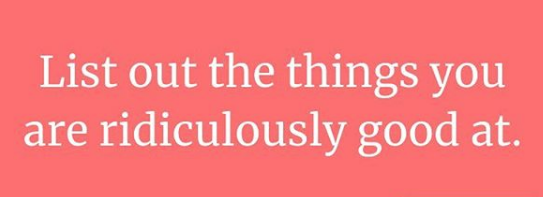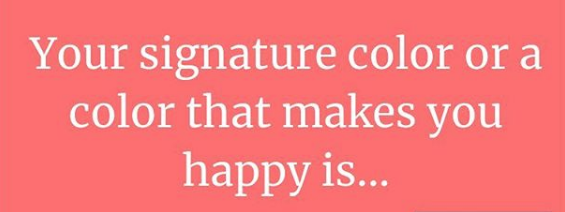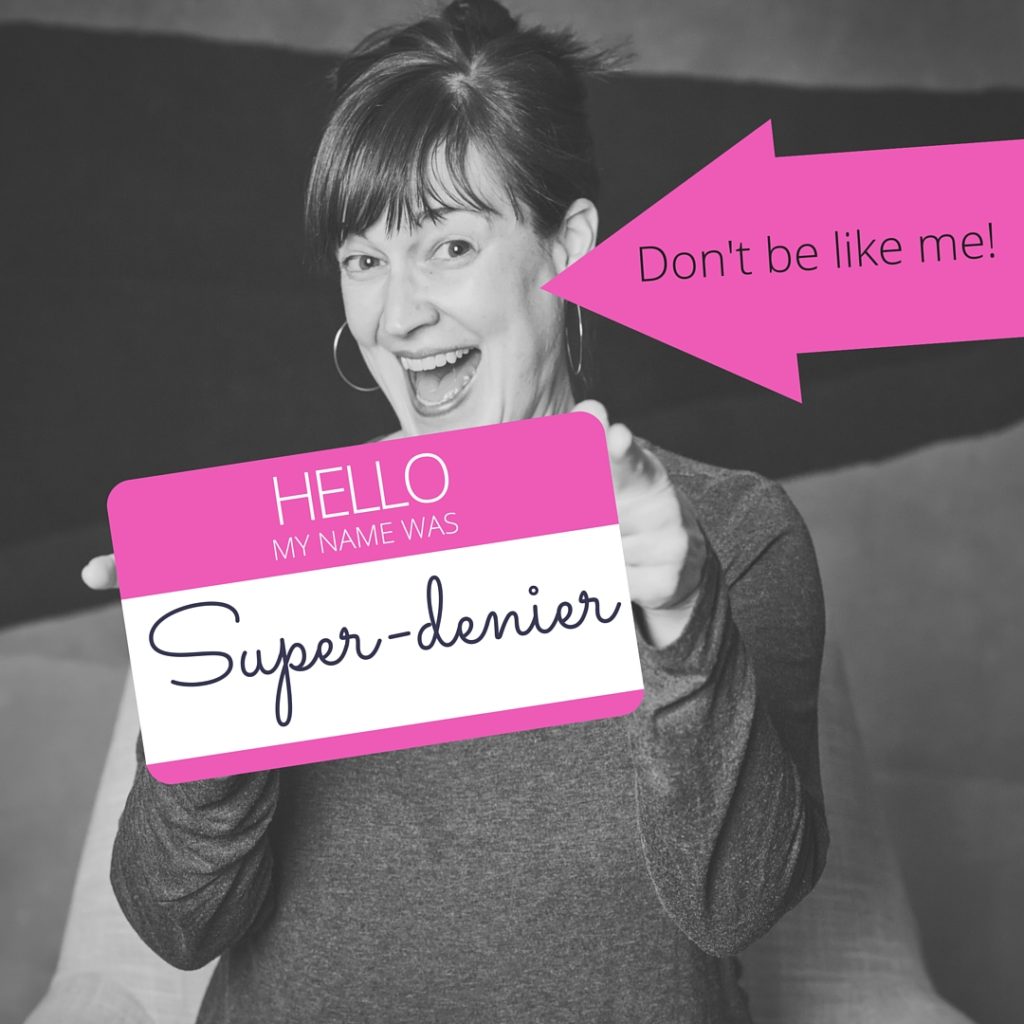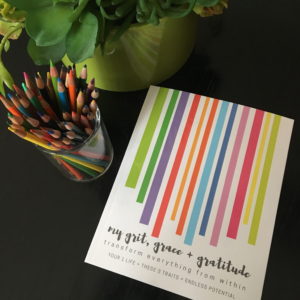
For me, happiness is watching friends reach a goal they’ve worked hard to attain. So, I asked Colleen Kavanaugh of The Longest Dance to share the inside scoop on an inspiring new workbook she has recently written with co-author, Deb Kelsey-Davis, of the Nourish for Caregivers community.
Colleen, I know this has been a labor of love. Can you share an overview of what the book is about? Thanks for spreading the word, Judith! My Grit, Grace + Gratitude is a 192-page journaling workbook bursting with color and fun and designed to bring more strength, worth, energy, joy, meaning, growth, blessings, grace, abundance, freedom, perspective, and awareness into our lives. You can work through the prompts monthly, weekly, or whenever the spirit moves you; go it solo, or grab a friend and use the book as a catalyst for connection and conversation.
I like the idea of an option to work alone or with a friend, knowing the prompts will be there whenever you have a few moments. Can you tell us how the book actually come about? It was created out of our personal experiences as family caregivers after we realized the common traits of Grit, Grace + Gratitude that exist in each of us when we are faced with challenging times. By bringing our attention to these three characteristics, we can quickly tap into whichever element we need at any given moment.
While the book was inspired by and for family caregivers, it is not specifically designed for any group in particular. We are more than one thing at a time, and definitions that define us often confine us. This is a book that you can pop into at any moment and reflect on what’s working (and not working) in your life, take notice of the people who are helping (or hurting) you, create boundaries that will save your sanity, and bring more awareness and presence to your daily life whatever the circumstances.
Sounds like this book can help readers get more in touch with their thoughts and feelings. Sometimes, though, it’s hard to do without a supportive community, but you have a solution!
Yes, what’s unique about the workbook is that we host quarterly virtual meet-ups to go over the content and connect with other like-minded individuals. The first one will be on January 9, 2019. When you sign up on My Grit Grace and Gratitude you’ll receive the details to join the call.
That’s a great reassurance – knowing you’re not alone out there. So, now that we understand the foundation of the book, I want to thank you for sending a few sample pages to give readers an idea of the treat in store for them. Below are two that resonated with me.
This first one is “grab some grit and give yourself a badge.” I particularly appreciated the one that says, “I said NO to something.” That is so hard to do sometimes!
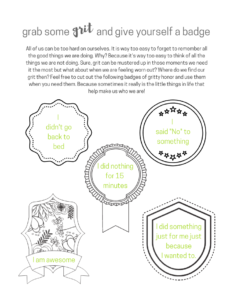
The second sample is reassuring, because when we’re tapped out and need to replenish, it sometimes feels like too big a task. You’ve offered the possibility of a 5 minute refresher. That definitely seems doable.
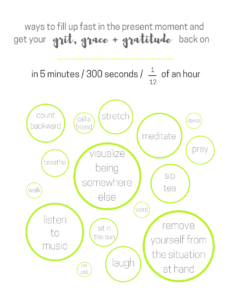
I think this book is a great gift to start the new year with. For more information or to purchase, check out the Resource page on Colleen’s website, The Longest Dance where she’s offering free shipping on her book right now, or you can order through the My Grit Grace and Gratitude site as print-on-demand, and also sign up for the first quarterly meet-up. Happy writing, everyone, and Colleen – you go girl!

